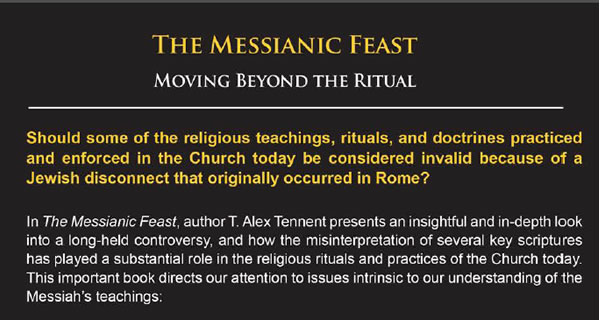- Jun 26, 2015
- 26,406
- 15,495
- Country
- United States
- Faith
- Non-Denom
- Marital Status
- Married
- Politics
- US-Others
Just my understanding, I hope this OK for me to share.This date is plausible as "ImmanuEl" was born a few years before the death of Herod the Great (4 BCE to 1 BCE). Assuming the crucifixion occurred on the fifth day of the week (Thursday) in 23 CE that would translate to "ImmanuEl" being born around 10-9 BCE. TCC is in agreement with your interpretation of "3 days and 3 nights" with Passover on the fifth day of the week and the Resurrection on the first day of the week. However, TCC always shows "First Fruits" occurring 2 days after Passover, so with Passover (Nisan 14) falling on Thursday, TCC shows "First Fruits" occurring on Saturday ... any idea WHY some Jews teach/believe "First Fruits" is 2 days from/after Passover instead of 3 days?
It's a confusion over which Shabbot the scripture is referring to. Is it referring to the morrow after the 15th, first day of Unleavened Bread Shabbot, or is it referring to the morrow after the first 7th day Shabbot during the week of UB?
The Karaite Jews believe that First Fruits (omer) is on the first morrow after the regular 7th day Shabbot during Passover week, the 8th day. This means the Pentecost, Shavuot, falls on a 8th day, Sunday, as well.
http://www.nehemiaswall.com/truth-shavuot
I personally agree with the Karaite because of these scriptures...
Lev 23:11 then he hath waved the sheaf before Yehovah for your acceptance; on the morrow of the sabbath doth the priest wave it.
Lev 23:12 `And ye have prepared in the day of your waving the sheaf a lamb, a perfect one, a son of a year, for a burnt-offering to Yehovah,
......
Lev 23:15 `And ye have numbered to you from the morrow of the sabbath, from the day of your bringing in the sheaf of the wave-offering: they are seven perfect sabbaths;
Lev 23:16 unto the morrow of the seventh sabbath ye do number fifty days, and ye have brought near a new present to Yehovah;
As far as I know there isn't any special Shabbot at the end of those fifty days, so the fifty days must number to the morrow of the seventh regular, 7th day Shabbot. Ending on the 8th day Shavuot.
It seems to me there is a significance of the 8th day in scripture, such as circumcision being on the 8th day.
Maybe this confusion influenced the Church's teaching of the Crucifixion being on Friday. If it was, the next day would have been both the 7th day Shabbot and the UBread Shabbot. Then the omer first fruits would have fallen on Sunday no matter which one the Shabbots it was referring to. Just guessing.
I believe the Passover was on Thursday.
Upvote
0

